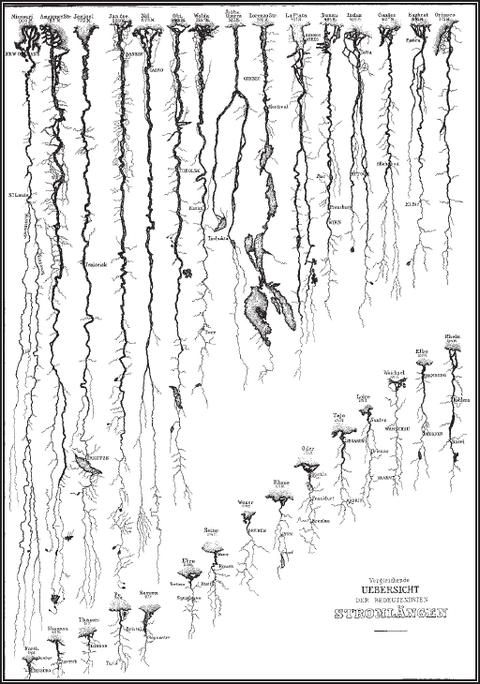

In another, she embellishes the legendary efforts of Chopin’s sister to smuggle the composer’s heart back to Poland after his death.

In one recurring series, Tokarczuk explores the infamous case of Angelo Soliman, a black man and prominent Freemason in eighteenth-century Vienna, whose corpse was stuffed and displayed in the natural imperial history museum. There are also visitors from history, carving out journeys of their own. Their ranks include a hapless ferry captain, a traveling anatomist, and a biologist returning to Poland to euthanize a childhood friend. Instead, various characters crowd the page, embarking on lonely travels that rarely intersect.

Tokarczuk’s approach is precise: every detail, from flight times to the labels on travel toiletries, is accounted for.įlights is made up of fragmentary sections, organized according to what Tokarczuk calls “constellationality.” There is no star protagonist embarking on a singular journey. Flights, which was translated into English by Jennifer Croft, focuses on the mundane ways we express our humanity while we’re en route somewhere, and, fittingly, includes long paragraphs on travel-sized shampoo, redeye layovers, and hotel pay-per-view pornography. But acclaimed Polish author Olga Tokarczuk’s novel Flights takes it, and the other small indignities of travel, as a matter of deep philosophical importance. Airplane food is a subject of little glory, normally fodder for comedy routines and small talk.


 0 kommentar(er)
0 kommentar(er)
